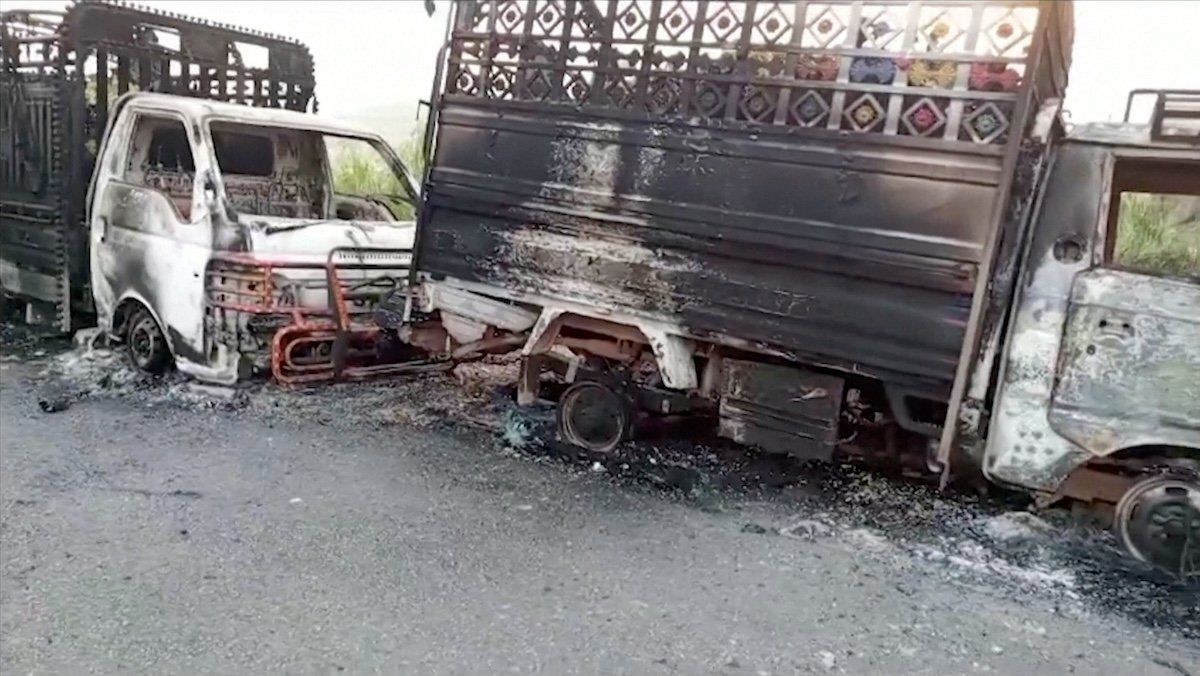At least 70 people are dead after a wave of attacks in Pakistan claimed by the Baloch Liberation Army.
The who? Well, let’s start with where:Balochistan. A sprawling, mountainous province in Southwest Pakistan that borders Iran, Afghanistan, and the Arabian Sea. It’s home to about 15 million people, a plurality of whom are Balochis, a Persian ethnic group. Despite huge natural resource wealth, which Pakistan and others have exploited, Balochistan is extremely poor. This has fueled tensions with the Pakistani government for decades.
The Baloch Liberation Army began its struggle for independence around 2000, launching terror attacks against the central government and non-Baloch communities in Balochistan.
Pakistan and the US consider the BLA a terrorist group, and Pakistan accuses India, Iran, and Afghanistan of supporting it. The group is believed to fund itself through smuggling and donations from the Baloch diaspora.
In recent years, the BLA has begun attacking the citizens and interests of China, which in 2015 took control of the province’s port at Gwadar as part of a $65 billion China-Pakistan economic corridor project.
A recent rise in BLA violence compounds the headache for a Pakistani government that took over a country in crisis following heavily disputed elections in February.